As a developing economy, India has numerous developmental aspirations. How India meets these goals without worsening the climate crisis is at the heart of CSTEP's work. Addressing climate change and enabling a secure and sustainable future for Indian citizens require an overhaul of previous paradigms on development and resource utilisation. This is reflected in our work on developing low-carbon trajectories for development with an emphasis on nature-based solutions.
We are working with state governments across India to build capacity on risk and vulnerability assessments to inform their respective action plans on climate change. The transition from fossil fuels to renewable energy is crucial to achieving a secure and sustainable future. CSTEP's studies explore the possibility of a greater integration of renewables in the energy sector.
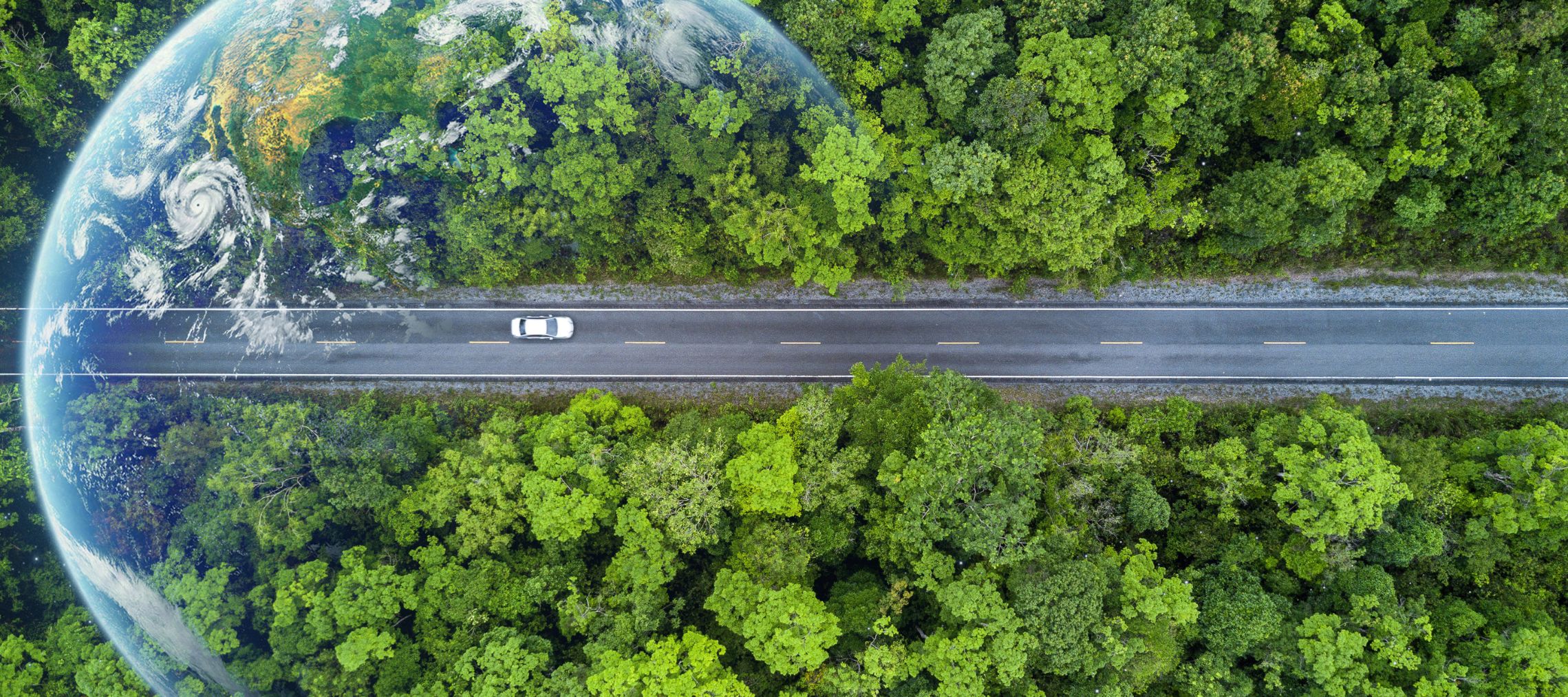
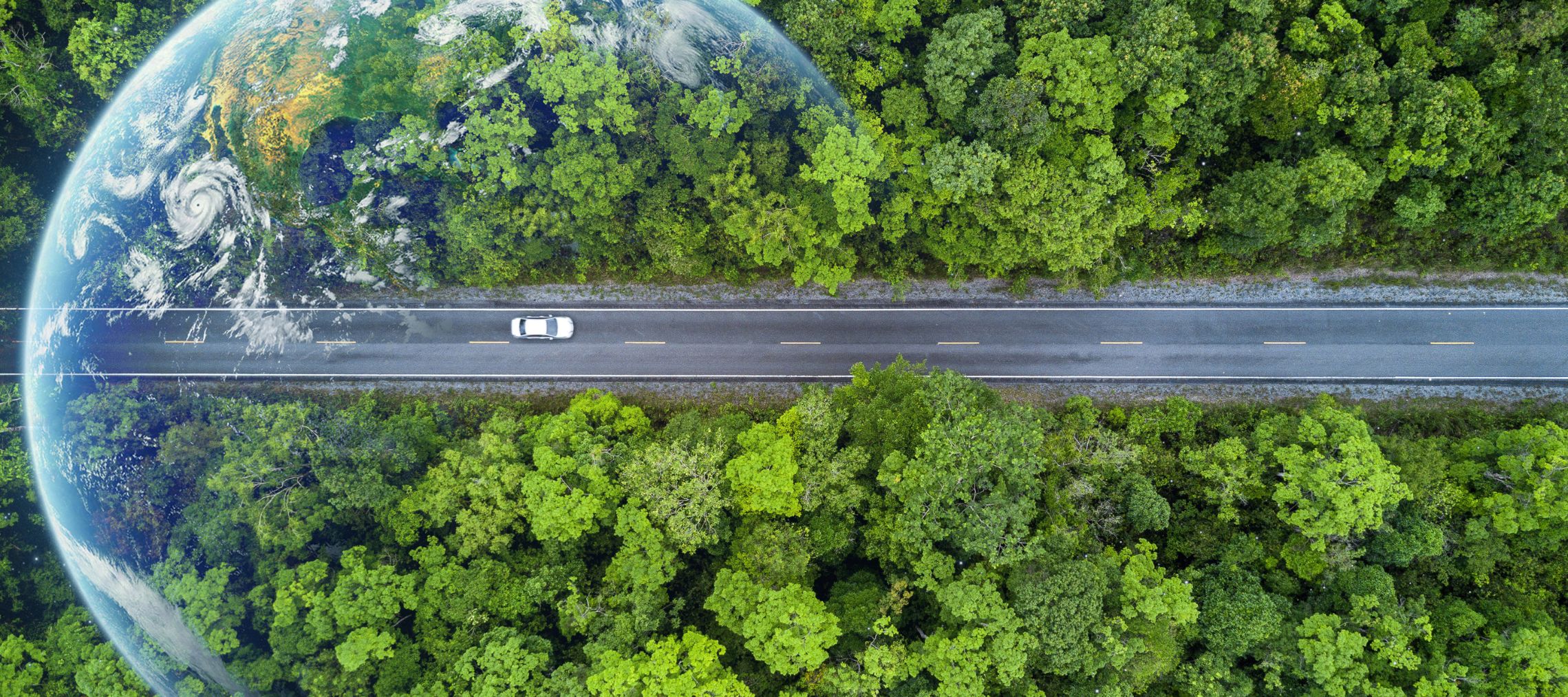
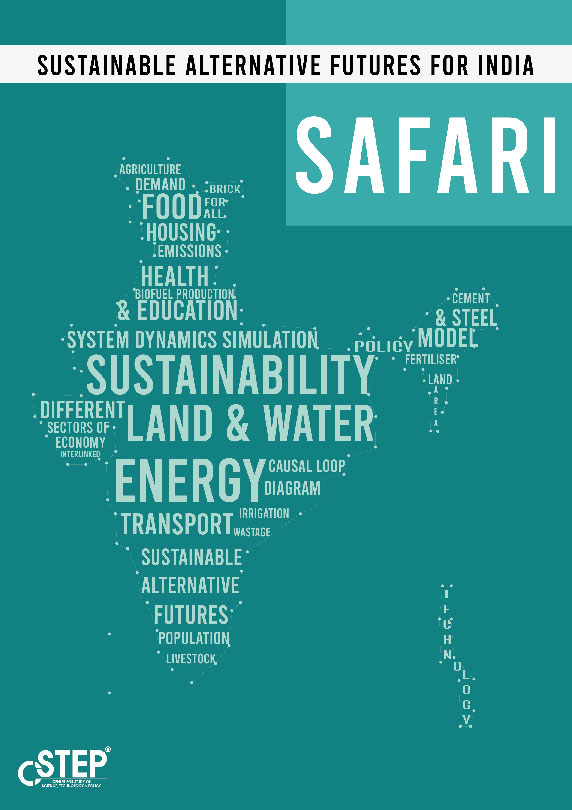

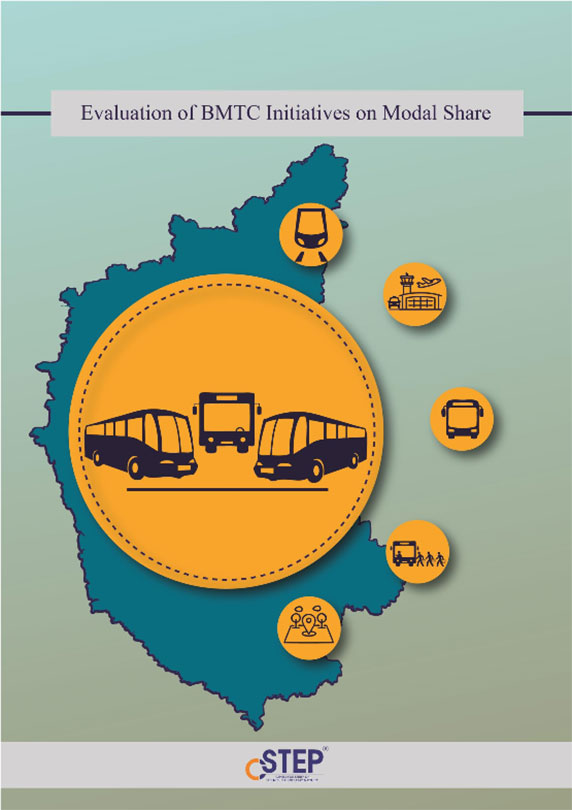
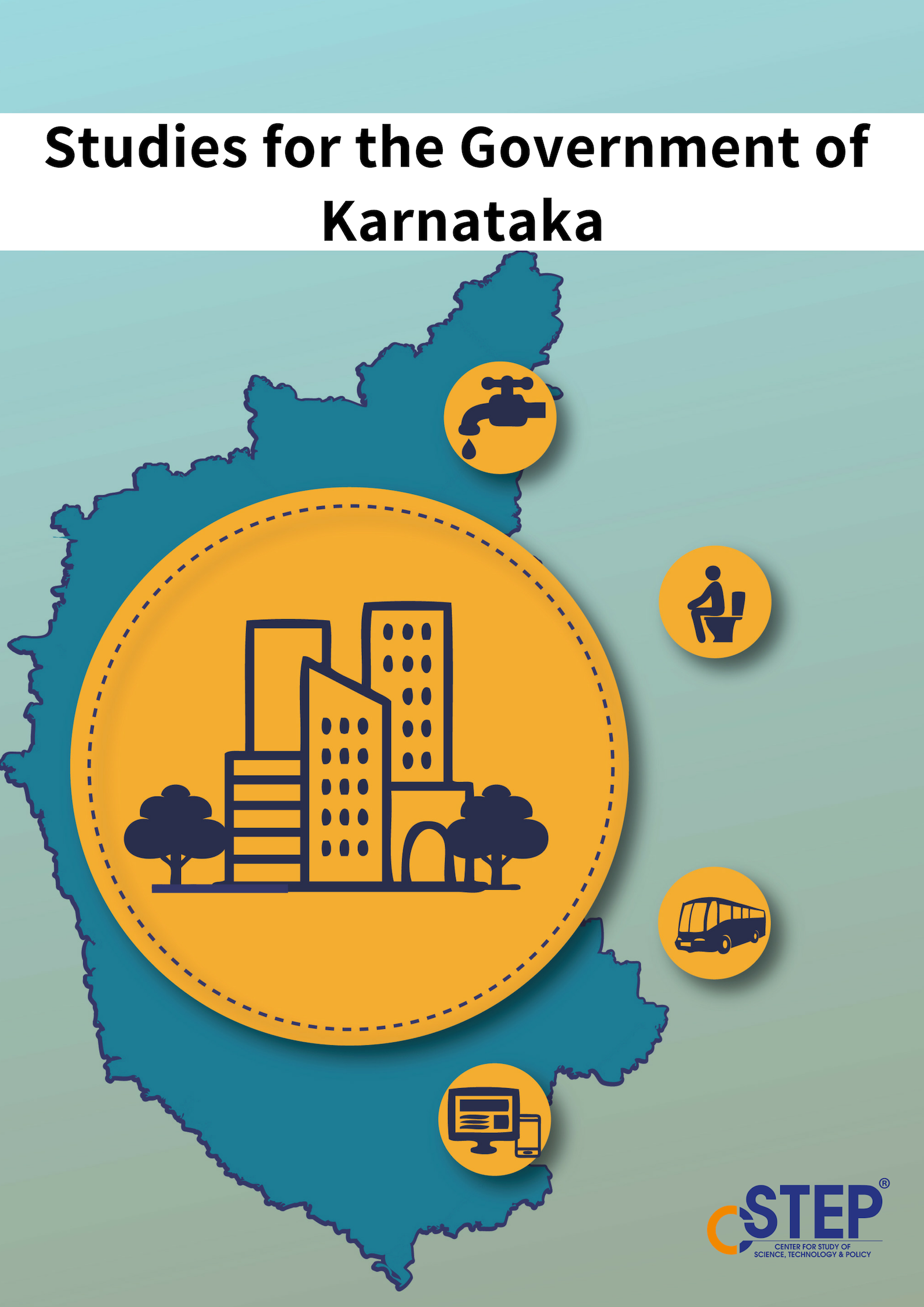

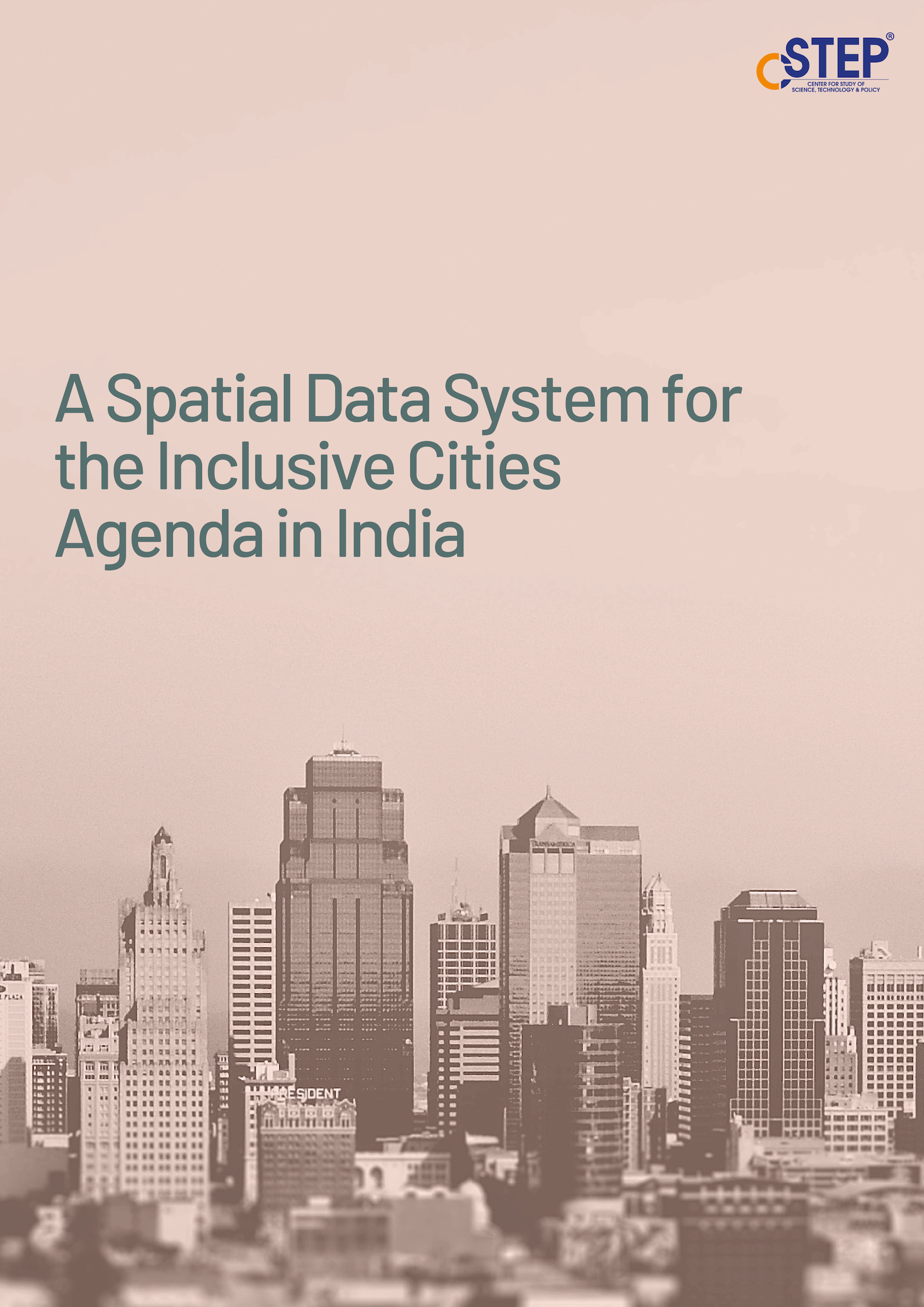
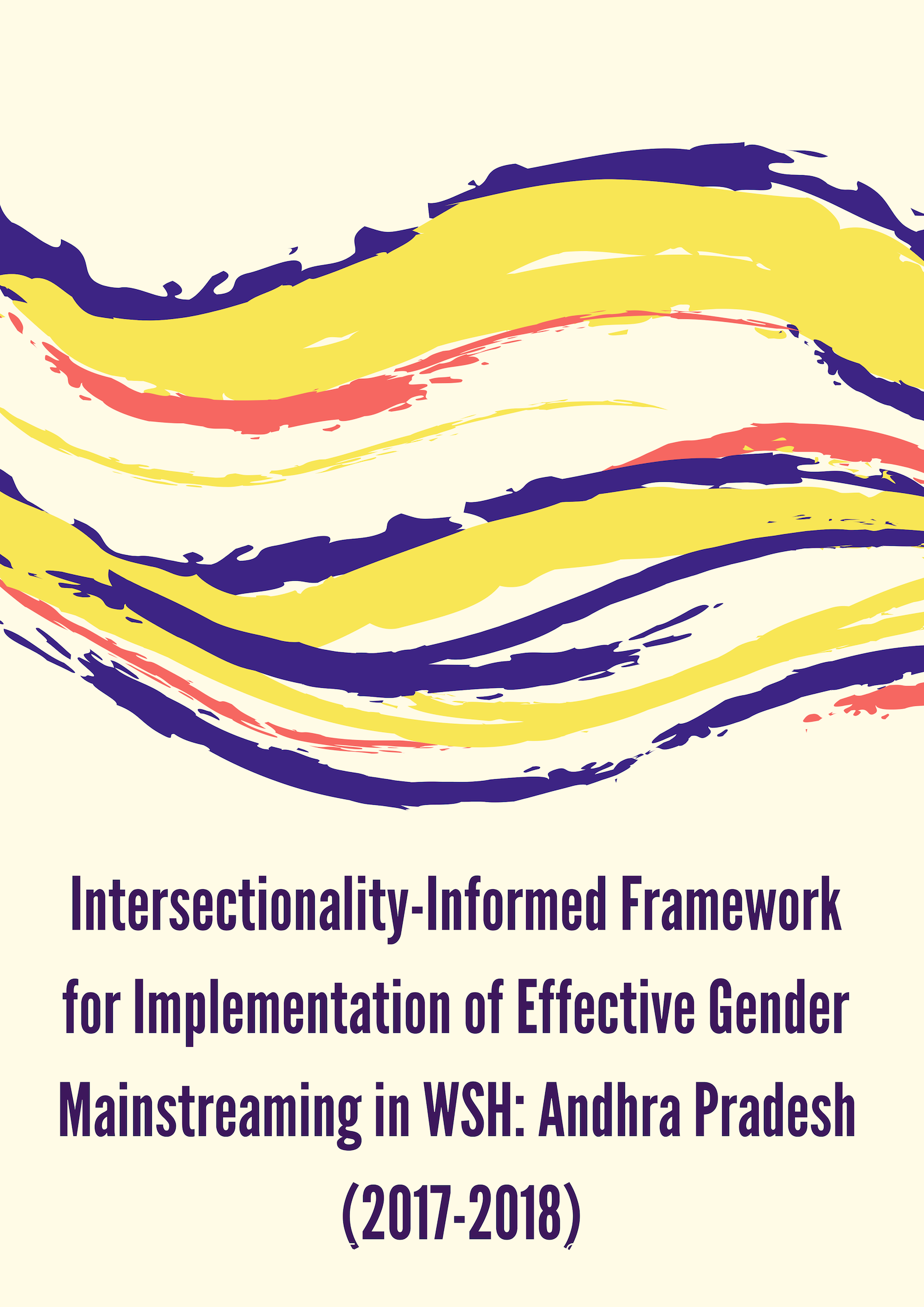
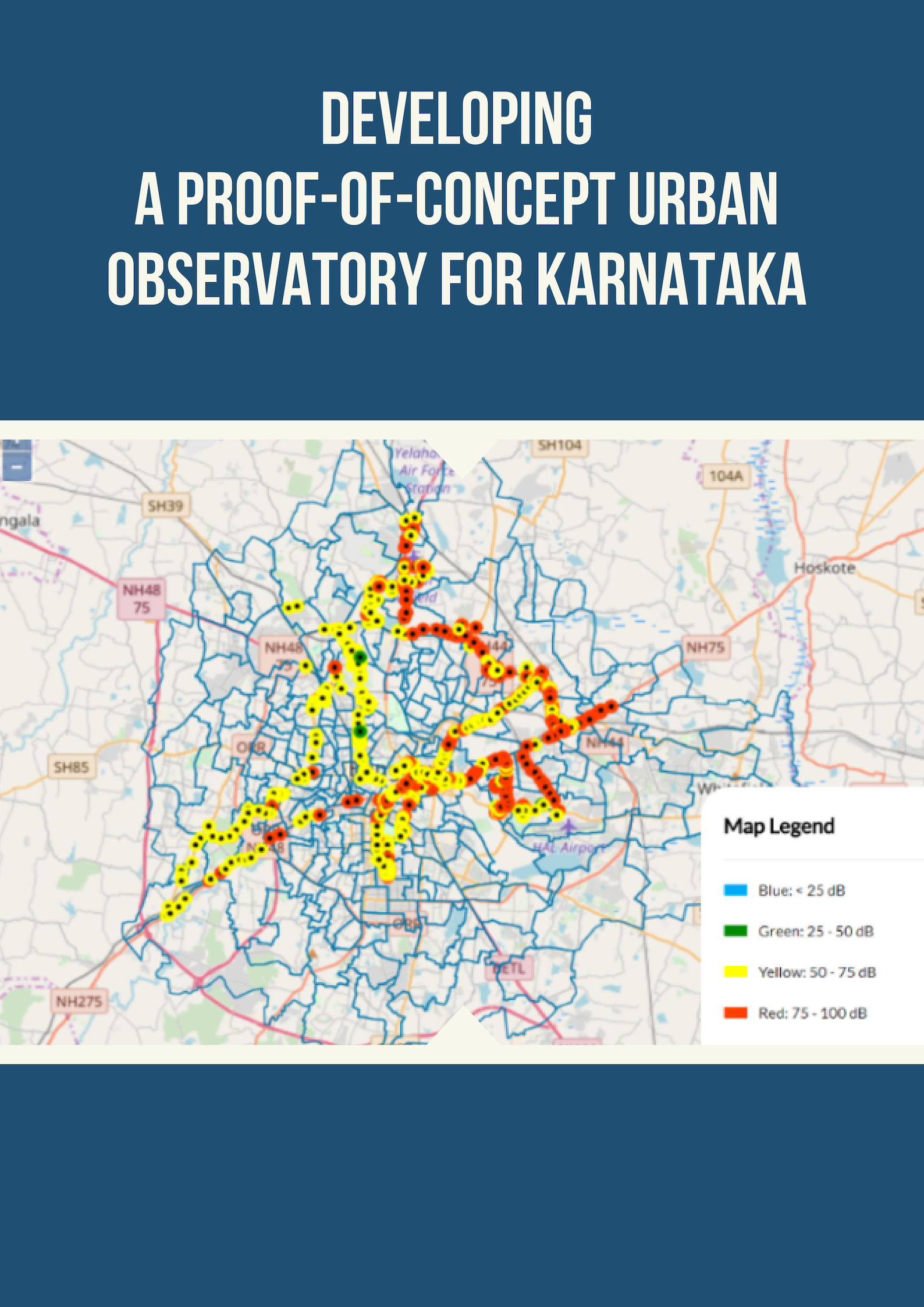
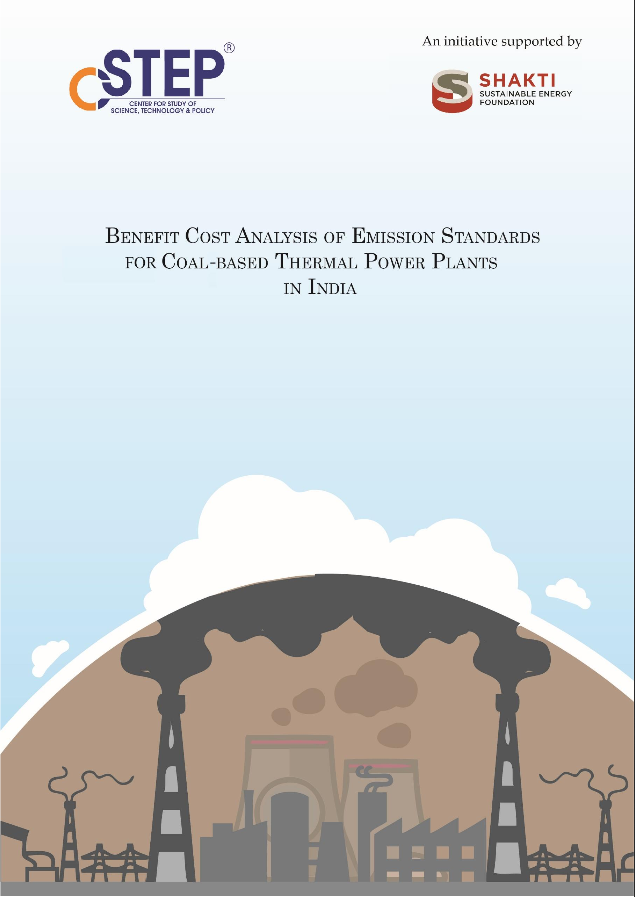


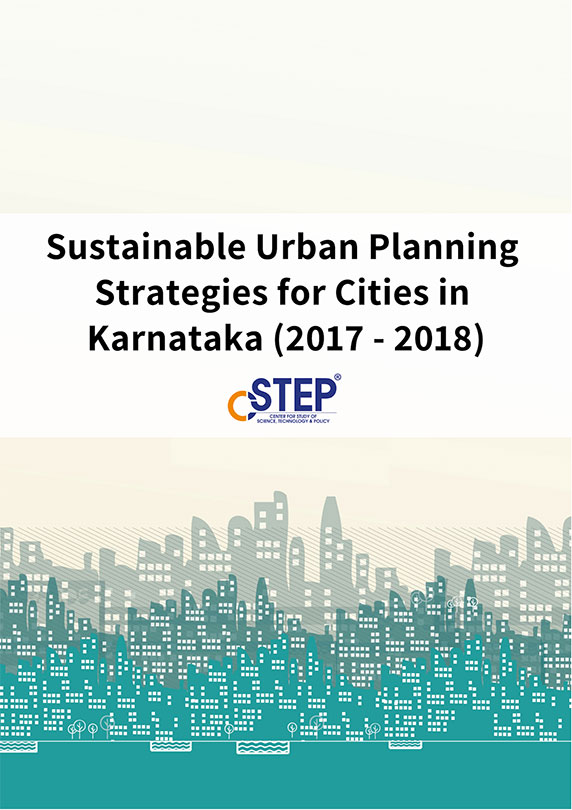




Annual Report 2024-2025
CSTEP’s Annual Report for 2024-25 captures the organisation’s 20-year journey as India’s leading think tank in science, technology, and public policy for sustainable solutions. Founded in 2005 by Dr V S Arunachalam, CSTEP has evolved from a small research team to a robust institution with an expanding multidisciplinary focus and a reputation for evidence-based impact across climate, energy, and air quality domains.
Training report on climate change: Science, impacts, and solutions
The report summarises the outcomes of a training programme held from 7 to 12 April 2025 at the State Institute of Training and Extension (SITE) in Bhubaneswar. The training aimed to build a foundational understanding among stakeholders regarding the science of climate change, its current and projected impacts, and potential adaptation and mitigation strategies.
